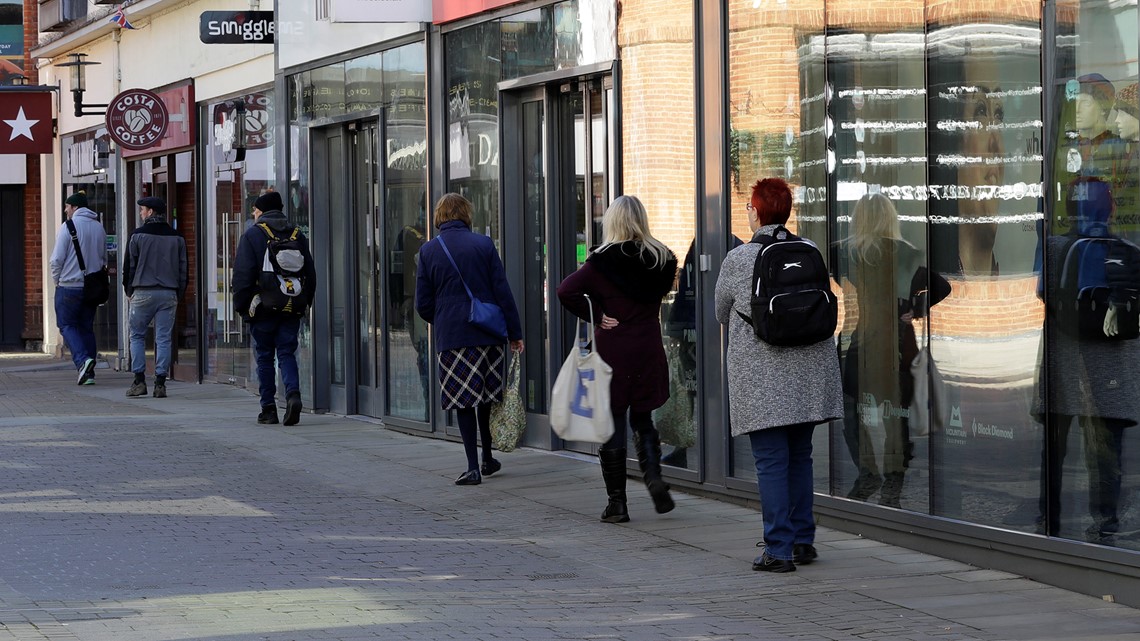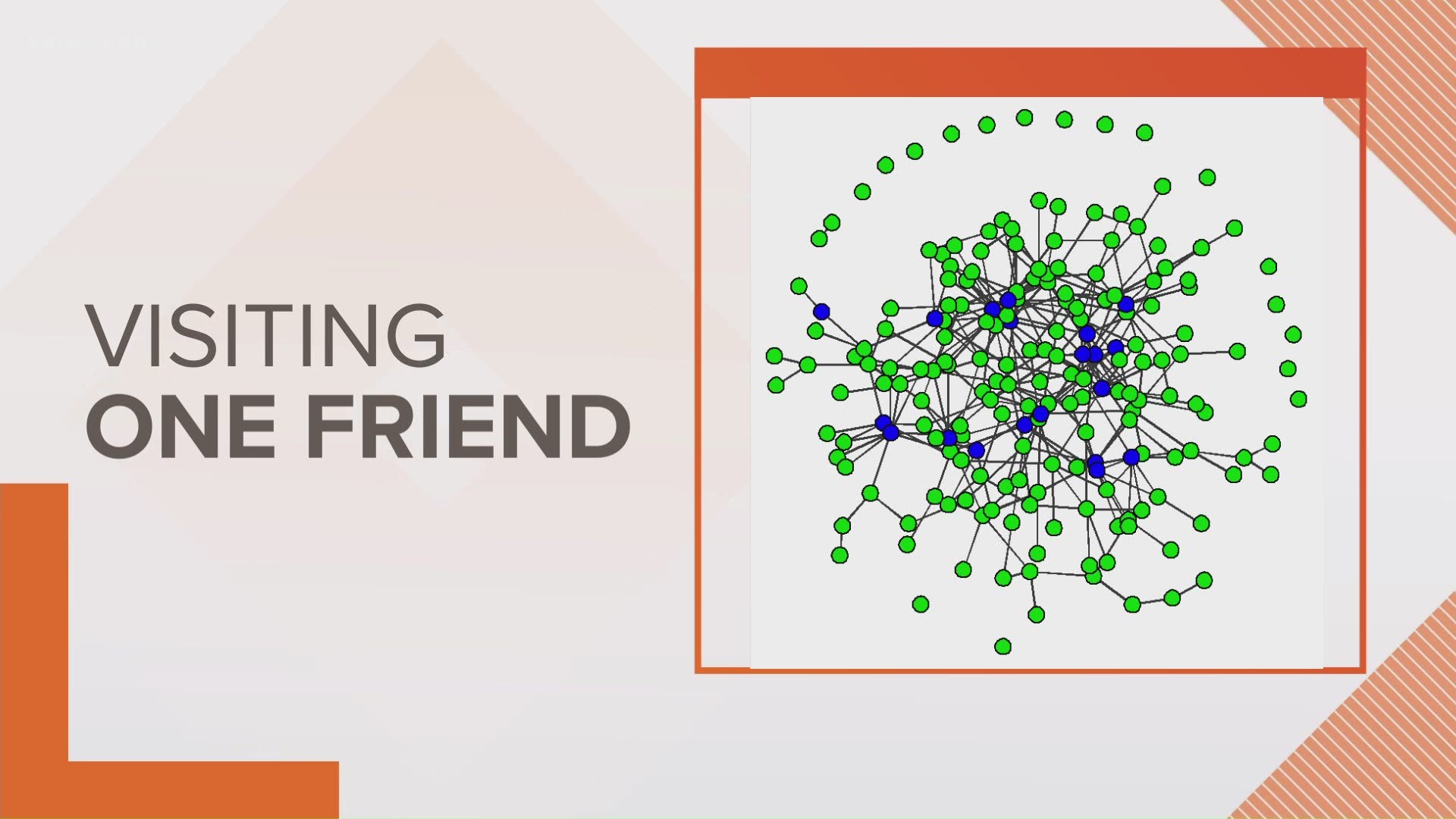A study from Harvard has concluded that some form of off-and-on social distancing may need to continue until 2022 while a sufficient percent of the population builds up an immunity to the new coronavirus.
Researchers from Harvard's T.H. Chan School of Public Health looked at two previous coronavirus outbreaks and projected that "recurrent wintertime outbreaks" would occur after the initial wave is over.
"Absent other interventions, a key metric for the success of social distancing is whether critical care capacities are exceeded. To avoid this, prolonged or intermittent social distancing may be necessary into 2022," the study's abstract reads. It is published in the journal Science.
Yonatan Grad, an associate professor of immunology and infectious diseases and a co-author of the study, says that, short of a vaccine, there are two ways the pandemic will end. Either the virus is eliminated, which he says is unlikely given global spread, or if a sufficient amount of the population becomes immune. This assumes that once someone becomes infected, they develop an immunity.
For most people, the virus causes mild or moderate symptoms, such as fever and cough that clear up in two to three weeks. For some, especially older adults and people with existing health problems, it can cause life-threatening illness, including pneumonia.
Grad says that even if the curve is flattened after this wave and hospitals are not overrun, we could have to go through this all over again because there will still be a lot of people who have not been infected or are vulnerable.
"If we stop social distancing after four weeks, eight weeks, 12 weeks or what have you, there will still be a pool of people who are susceptible and we might see, again, a rise in infection which might prompt us to re-initiate social distancing," Grad told CNN Tuesday.
Grad says that without a vaccine, intermittent social distancing would be needed until there is sufficient population immunity.
The study says a resurgence of the new coronavirus could be possible until as late as 2025, and suggests that secondary peaks could be worse if social distancing is abandoned.
The Associated Press contributed to this report.



